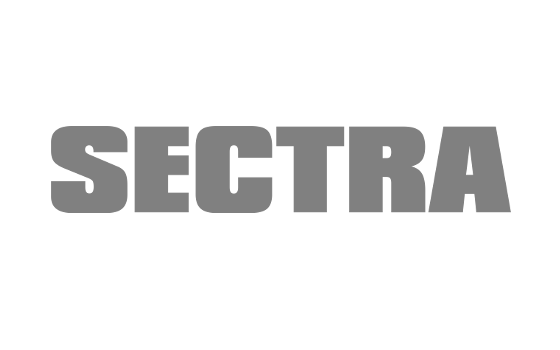 The image exchange portal, widely known in the NHS as the IEP, is now being used to share as many as 500 images each second - including x-rays, CT, MRI, ultrasound scans and more.
The image exchange portal, widely known in the NHS as the IEP, is now being used to share as many as 500 images each second - including x-rays, CT, MRI, ultrasound scans and more.
The system was first introduced into the NHS in 2009, to allow trusts to share images with each other. Greater reliance on the independent sector to help to tackle diagnostic backlogs, and an increase in patients requesting access to their own images, have contributed to a growth in use of the portal, as more images move beyond organisational boundaries.
Rising volumes of scans and tests taking place for patients has also fuelled growth in the use of the IEP.
Deployed in every acute hospital trust in England, a growing number of organisations beyond NHS trusts have been using the portal - including stroke networks, organisations delivering new insights into cancer, large private healthcare groups, teleradiology reporting providers, and innovative companies helping to create 3D models for pre surgery planning.
In total more than 450,000 individuals currently use the IEP. The portal was used to transmit close to 12 million patient imaging studies in 2023, compared to approximately 2.8 million studies back in 2012.
Chris Scarisbrick, deputy managing director for Sectra, the company which hosts the IEP, said: “The image exchange portal remains globally unique, and is envied as a national tool for sharing diagnostic images for patients.
"Developed for the NHS originally as a means to share radiology imaging between individual hospitals, the role of IEP has changed in line with the needs of a health service now dealing with greater diagnostic demands than ever before.
"As hospitals work hard to tackle a substantial diagnostic backlog, the portal has become an important means to share diagnostic imaging with the independent sector, to help to ensure timely diagnosis for patients. And as more and more 'ologies' become digital, it is supporting national access to more than just radiology images."
Steven Frisby, IEP national account manager at Sectra, added: "Use of the image exchange portal continues to expand in ways that couldn't have been envisioned 15 years ago when it was first introduced into the NHS.
"Patients are increasingly demanding access to their own imaging. And as medical frontiers expand, and technological capabilities in healthcare continue to evolve, the ability to access imaging through a secure platform, and in ways that protect patient data, is ever more important.
"Now, as the NHS seeks new ways to share images nationally, we welcome conversations on how this national platform can continue to evolve as we ensure it receives the investment needed to meet the needs of healthcare into the future."
About Sectra
With more than 30 years of innovation and approaching 2,000 installations worldwide, Sectra is a leading global provider of imaging IT solutions that support healthcare in achieving patient-centric care. Sectra offers an enterprise imaging solution that provides a unified strategy for all imaging needs while lowering operational costs. The scalable and modular solution, with a VNA at its core, allows healthcare providers to grow from ology to ology and from enterprise to enterprise. Visit Sectra's website to read more about Sectra and why it’s top-ranked in 'Best in KLAS'.